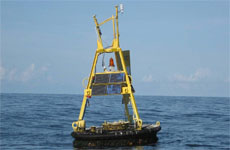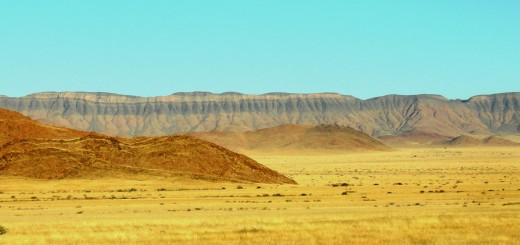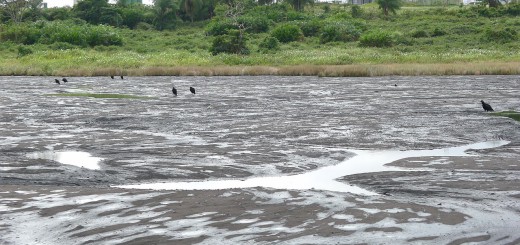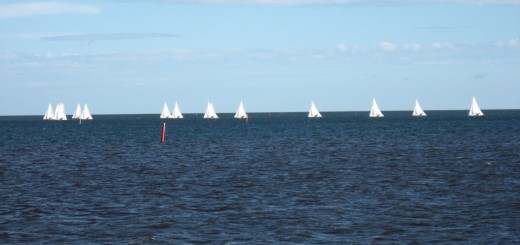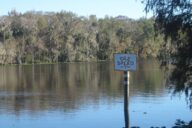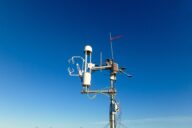Scientists Investigate Lake Tsunamis in Switzerland
0Though tsunamis more commonly occur on the world’s oceans, they can occur on lakes, scientists say. A number of researchers have investigated the rare phenomenon in Switzerland.
The country has two lakes that have experienced tsunamis in the past: Lake Geneva and Lake Lucerne. Both have tales of the extreme waves knocking out nearby towns that date back thousands of years.

Lavaux (foreground), a coastal community on Lake Geneva. (Credit: Zacharie Grossen via Wikimedia Commons)
The city of Geneva, named for the lake, is especially prone to flooding because of its low elevation relative to Lake Geneva. In the year 563, a large rockfall is said to have created a tsunami that traveled some 40 miles across the lake and flooded the city.
Lucerne was home to a similar event in 1601, when an earthquake in the Alps caused a sediment slippage beneath its wake. As the underwater slide traveled down into the water, the water column above slumped and then rose, creating a wave that eventually flooded coastal communities.
Studying such rare events is difficult, but scientists have come up with strategies to find the answers they’re looking for. Core samples from lakebeds can be carbon-dated to look at ancient organic matter and determine when deposits formed. This lets geologists accurately predict if they were part of rockfalls or slides. And acoustic devices can be used to search for sediment layers that would point to large floods in areas affected by lake tsunamis.

A ferry on Lake Lucerne. (Credit: Wikimedia Commons User Ad Meskens via Creative Commons)
Similar data-gathering techniques have been used to prove that lake tsunamis are possible and chart the kind of geological activity needed to cause them. The next step is predicting the likelihood of lake tsunamis so that those living nearby know the risks.
Lake Lucerne was recently studied by scientists from the University of Bern. They say chances of a tsunami are pretty low, given that the lake has only experienced six such events in the past 15,000 years.
“It is our duty as geologists to remind society that this is a natural hazard,” said Flavio Anselmetti, professor of quaternary geology and paleoclimatology at the university. “We may have tsunami waves, they occur rarely, but it is a natural hazard they should be aware of without making of course too much of a panic.”




